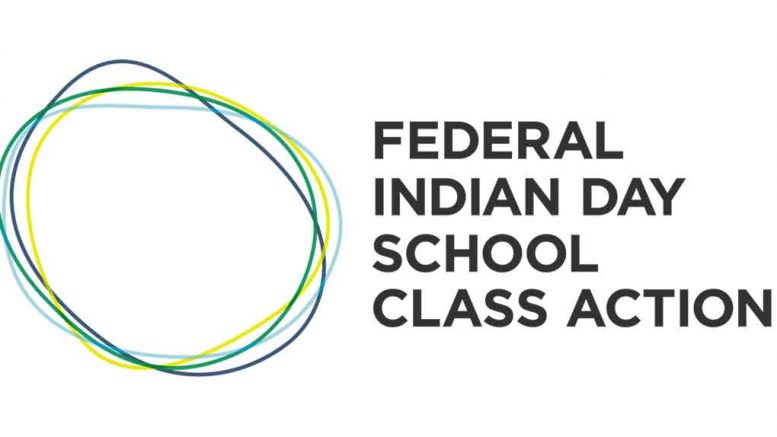By Jeremy Appel, Local Journalism Initiative Reporter
(ANNews) – The federal government’s $2.8-billion settlement with 325 First Nations whose members were forced to attend residential day schools is moving forward after a federal court approved the agreement, earlier this month.
The settlement, first announced in January, seeks to redress the harms suffered by band members as a result of forced assimilation, including loss of language and culture. It will provide each First Nation involved with an initial $200,000 payment to each nation to develop proposals for further funding, which will amount to about $8.6 million to each impacted First Nation, with modifications based on specific nations size and remoteness.
An Indigenous-led non-profit will be tasked with dispersing the funds, the federal government said.
“These are the actual steps that really need to take place when it comes to the impacts of the residential schools system on Indigenous communities,” Kúkpi7 Rosanne Casimir of Tk’emlúps te Secwépemc, one of the nations that originally brought forward the lawsuit, told Global News on March 10. “It’s really important to be able to move forward in a good way and … the proposal that came from the federal government was a huge step.”
Justice Ann Marie McDonald, who approved the settlement, called it “historic both in terms of the quantum of the settlement and its unique structure.”
“As Canada remarked, the $2.8-billion settlement is not intended to put a value on the losses suffered by the Band Class members, as that is an impossible task,” she said.
These funds are separate from any that might be awarded in the future to families whose children disappeared or died at day schools.
At a settlement approval hearing in February former Former Tk’emlups te Secwepemc chief Shane Gottfriedson said the settlement “means everything” to him as an admission that it’s “about time Canada steps aside” and allows First Nations to decide how to recover from the residential school system themselves.
A 2021 settlement compensated individual day scholars for the harm they suffered.
Both agreements are dubbed the “Gottfriedson settlement” because he launched the challenge to day scholars’ exclusion from the 2008 residential school settlement, alongside former shishalh chief Garry Feschuk.
“I would like to acknowledge all of our ancestors who didn’t make it, as well (as) all of our day scholars who signed on to the fight (and) who didn’t see the result, who moved on to the spirit world,” Gottfriedson said when the settlement was announced in January.
The agreement establishes “four pillars” that the funds can go towards: the revival and protection of Indigenous language; the revival and protection of Indigenous culture; the protection and promotion of heritage; and the wellness of Indigenous communities and their members.
According to a news release from Tk’emlúps te Secwépemc, this settlement is the first to acknowledge the collective harms of residential schools and to offer redress for the damages and destruction of Indigenous languages and culture.



Be the first to comment on "Federal court approves $2.8-billion day school settlement agreement"